Are Skunks Aggressive Animals?
Skunks aren’t particularly aggressive animals, rather, they’re extremely territorial animals. Equipped with claws, teeth, and their signature spraying gland, it’s wise to observe skunks from a considerable distance. If you go near a skunk’s den, make it feel uncomfortable, or make it feel scared the skunk won’t be afraid to spray you and may even attack you. Skunks will also fight amongst each other for various reasons: be sure to keep your distance if you see skunks in an altercation.
Skunks are territorial rather than aggressive; they won’t go looking for a fight but if you come to their den, threaten, or go near them they will attempt to defend their territory. Skunks will claw, bite, and spray whomever they get in a fight with. The stench from a skunk’s spray can last up to 21 days if left untreated. The general rule is, if you leave a skunk alone, it will leave you alone.
Skunks will fight amongst themselves far more frequently than they’ll look for fights with other species. Male skunks, in particular, tend to be more aggressive because they fight fellow male skunks regularly for a variety of reasons. The reasons a skunk will fight another male skunk include finding a mate, for dominance, for territory, and for food. Hunting and foraging for food isn’t an issue for skunks, rather, the issue is fighting other skunks to bring the meal home.
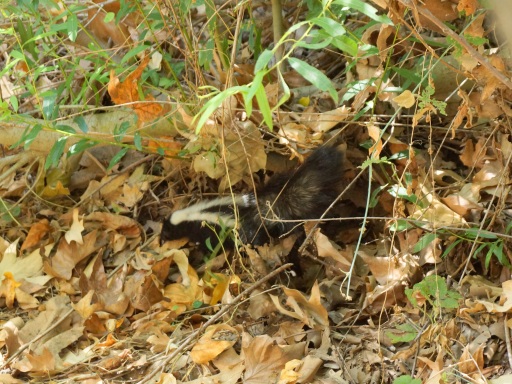
When skunks attack humans it’s often warranted because the human invaded their personal space. If it’s not, it’s likely that the skunk has rabies. Rabies is a disease that makes warm-blooded mammals a lot more aggressive. You can identify if a skunk has rabies through their aggressive behavior, being active in the daytime, observing excess saliva, and seizures. If you think a skunk does have rabies, be sure to contact a wildlife professional near you and inform them because mammals can spread rabies to other mammals including dogs, cats, and even humans. Rabies can be a crippling disease if left untreated, so if you dealt with a skunk that you believe has rabies and, think that someone in your household may have contracted rabies, visit your doctor, ask for their advice, and then contact a wildlife professional as soon as possible.
Select Your Animal

Raccoons
Raccoon Removal Information & How-To Tips

Squirrel
Squirrel Removal Information & How-To Tips

Opossum
Opossum Removal Information & How-To Tips

Skunks
Skunks Removal Information & How-To Tips
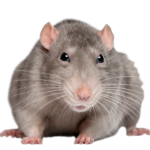
Rats
Rat Removal Information & How-To Tips

Mouse
Mouse Removal Information & How-To Tips
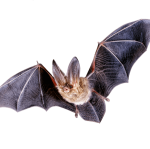
Bat
Bat Removal Information & How-To Tips

Bird
Bird Removal Information & How-To Tips

Snake
Snake Removal Information & How-To Tips

Beaver
Beaver Removal Information & How-To Tips

Mole
Mole Removal Information & How-To Tips

Vole
Vole Removal Information & How-To Tips

Gopher
Gopher Removal Information & How-To Tips

Rabbit
Rabbit Removal Information & How-To Tips

Woodchuck
Woodchuck Removal Information & How-To Tips

Flying Squirrel
Flying Squirrel Removal Information & How-To Tips

Chipmunk
Chipmunk Removal Information & How-To Tips

Coyote
Coyote Removal Information & How-To Tips

Fox
Fox Removal Information & How-To Tips
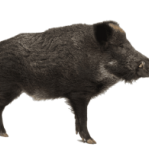
Wild Hog
Wild Hog Removal Information & How-To Tips
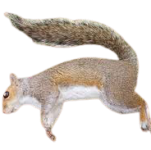
Dead Animal
Dead Animal Removal Information & How-To Tips